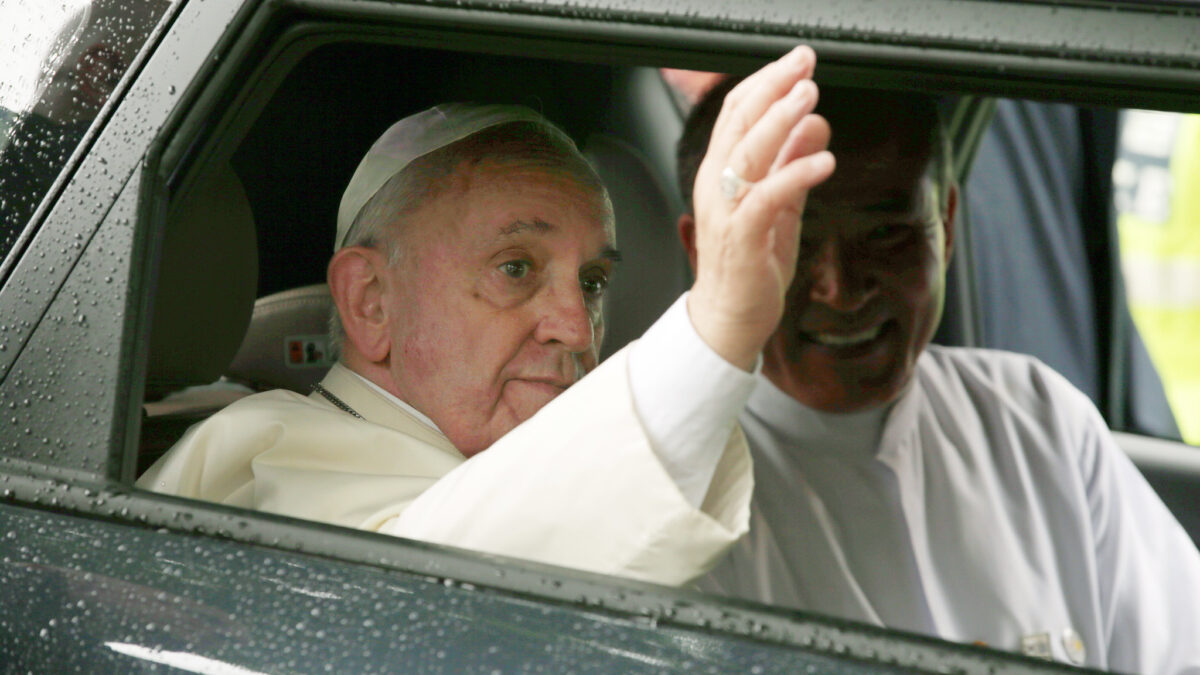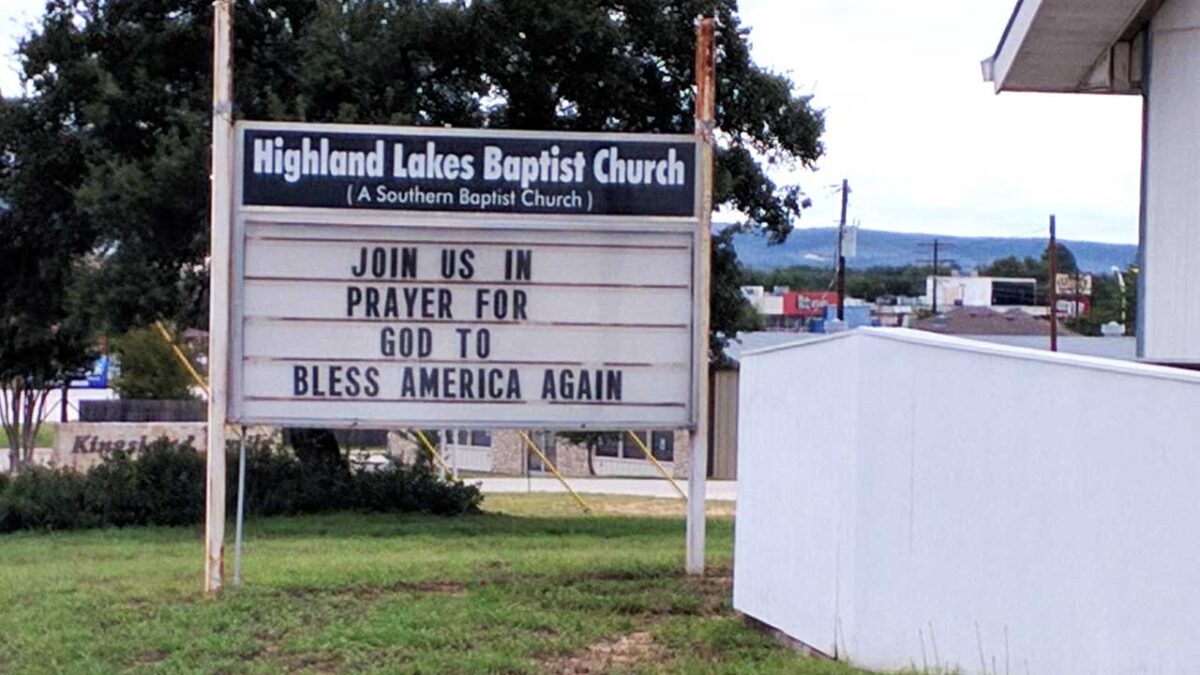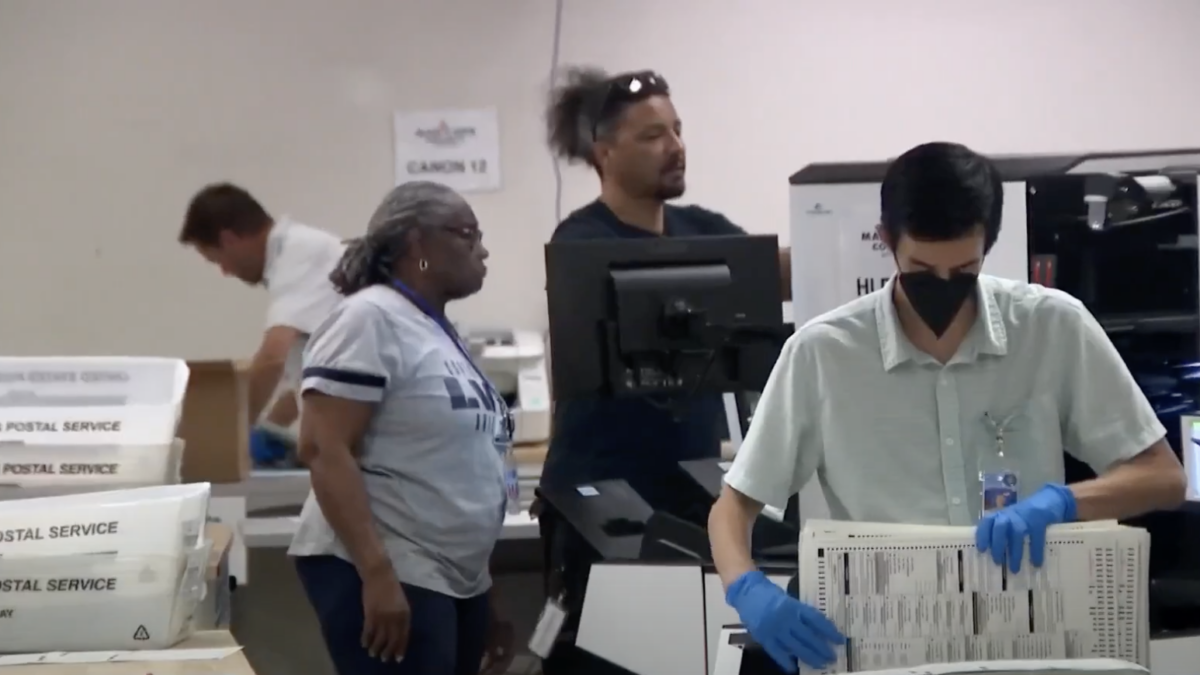A high-ranking Vatican official stunned Catholics during a recent interview on Italian television by announcing that the Catholic Church would not oppose a law allowing abortion.
Cardinal Vincenzo Paglia, president of the Pontifical Academy for Life, even called the law “a pillar of our social life.”
Italy’s Law 194, enacted in 1978, legalizes abortions in the first trimester and permits them afterward if the pregnancy endangers the mother’s life or if doctors discover what the law calls “serious abnormalities or malformations” in the unborn child.
“I believe that at this point that Law 194 is a pillar of our social life,” Paglia said on Aug. 26.
When asked whether Law 194 was up for debate, Paglia replied, “No, absolutely not.”
Tommaso Scandroglio, writing in the Catholic newspaper La Nuova Bussola Quotidiana, reacted bluntly: “It is as if the president of the Jewish Anti-Defamation League is declaring himself in favor of the Holocaust.”
Considering that Pope John Paul II founded the Pontifical Council for Life to fight abortion, Paglia’s comments are breathtaking. Yet those comments represent a frightening trend.
Under Pope Francis, the Catholic Church has abandoned its traditional opposition to abortion to advocate environmental sustainability and economic redistribution. Two encyclicals, “Laudato Si” on the environment and “Fratelli Tutti” on economics, define Francis’s worldview.
The Vatican’s tepid official reaction to the Supreme Court overturning Roe v. Wade symbolizes that retreat. In an editorial, the Vatican’s official newspaper, L’Osservatore Romano, deferred to a statement from the United States Conference of Catholic Bishops, which called Roe “an unjust law that has permitted some to decide whether others can live or die; this policy has resulted in the deaths of tens of millions of preborn children, generations that were denied the right to even be born.”
Instead, the newspaper defined the issue as “a question of developing political choices that promote conditions of existence in favor of life” by “ensuring adequate sexual education, guaranteeing health care accessible to all and preparing legislative measures to protect the family and motherhood, overcoming existing inequalities.”
But the Vatican sent its most obvious signal on May 7, 2021, when the Holy See’s highest theological authority after the pope issued a letter to American bishops.
Cardinal Luis Ladaria, prefect of the Congregation for the Doctrine of the Faith, discouraged them from withholding Communion from elected officials who support legalized abortion. Those officials include the two most prominent Catholics in American politics: President Joe Biden and House Speaker Nancy Pelosi.
“It would be misleading,” Ladaria wrote, “if such a (policy) were to give the impression that abortion and euthanasia alone constitute the only grave matters of Catholic moral and social teaching that demand the fullest level of accountability on the part of Catholics.”
Ladaria even called Catholics who support abortion “pro-choice.” His letter might be the first official Vatican document to use such a partisan term, and it contradicts his own church’s catechism and violates canon law.
The Catholic catechism describes abortion as a “moral evil,” calling it and infanticide “abominable crimes,” and demands ex-communication for anyone involved in “formal cooperation.” Catholic canon law states that Catholics “persevering in manifest grave sin are not to be admitted to holy communion … without previous sacramental confession.”
Two events surrounding Ladaria’s letter also demonstrated Francis’ desire to de-emphasize abortion. On May 6, the Vatican began a three-day conference on health care that featured three prominent speakers who support or tolerate abortion. Chelsea Clinton, vice chair of the Clinton Foundation, participated in a panel on “Building a More Equitable Health-Care System for All” despite her passion for abortion. Dr. Francis Collins, former director of the National Institutes for Health, supports using fetal tissue in research yet spoke about “Bridging Science and Faith.” Stephane Bancel, CEO of Moderna, which provided major funding, allowed aborted fetal cells to be used to create the mRNA protein in Moderna’s Covid-19 shots.
Then on May 14, another Vatican conference, “Dreaming of a Better Restart,” featured two more abortion proponents. Columbia economist Jeffrey Sachs, a key papal advisor, spoke on “Financial and Tax Solidarity.” John Kerry, Biden’s climate envoy and another Catholic, delivered the keynote address at the second session, “Integral Ecological Sustainability.”
Sachs, who wrote the United Nations’ Sustainable Development Goals, believes abortion is pivotal to population control.
In his book “Common Wealth: Economics for a Crowded Planet,” Sachs called abortion “a lower-risk and lower-cost option” that “reduces a country’s total fertility rate significantly, by as much as half a child on average” by preventing the birth of “unwanted children.”
Three years before the controversy surrounding Paglia’s remarks, another papal official made comments even more astounding.
“Right now, those who are implementing the Church’s social doctrine the best are the Chinese,” said Cardinal Marcelo Sanchez Sorondo, then-chancellor of the Pontifical Councils for Science and Social Science.
Sorondo praised China’s implementation of “Laudato Si” for “defending the dignity of the person” and “assuming a moral leadership that others have left,” meaning President Donald Trump’s withdrawal from the Paris Agreement on carbon-dioxide emissions.
Sorondo’s praise ignored the fact that China performs between 10 million and 23 million abortions a year, many of them forced by the government.
American bishops have adopted Francis’s stance. In a voting guide issued one month before California’s 2020 primary, San Diego’s Robert McElroy insisted that the pope’s policy on the environment outweighed historical opposition to abortion and contraception.
Though he called abortion “intrinsically evil,” McElroy criticized the idea that “candidates who seek laws opposing intrinsically evil actions automatically have a primary claim to political support in the Catholic conscience.”
“The problem with this approach is that while the criterion of intrinsic evil identifies specific human acts that can never be justified, this criterion is not a measure of the relative gravity of the evil in particular human or political actions,” wrote McElroy, who added that “it is a far greater moral evil for our country to abandon the Paris Climate Accord than to provide contraceptives in federal health centers.”
Francis rewarded McElroy by making him a cardinal on Aug. 27, despite McElroy reportedly ignoring cases of clerical sex abuse.
By sacrificing the innocent on the altar of intellectual and political fashion, the Catholic Church is destroying its moral credibility.








